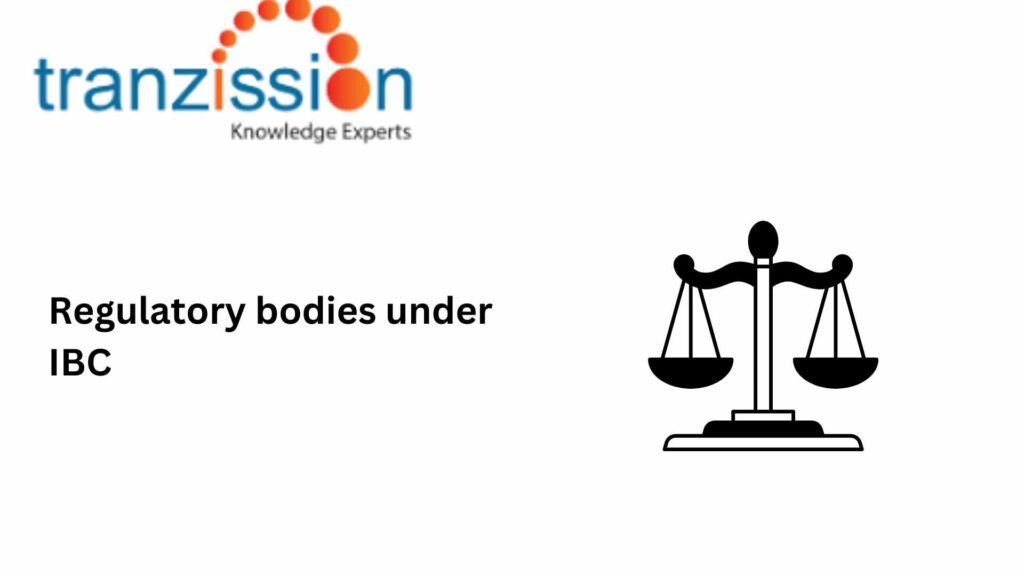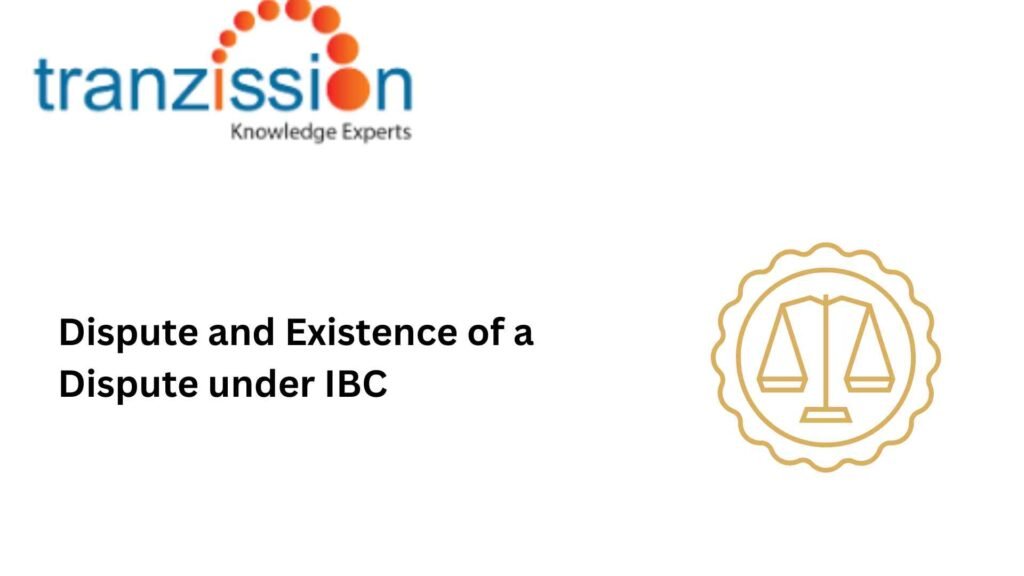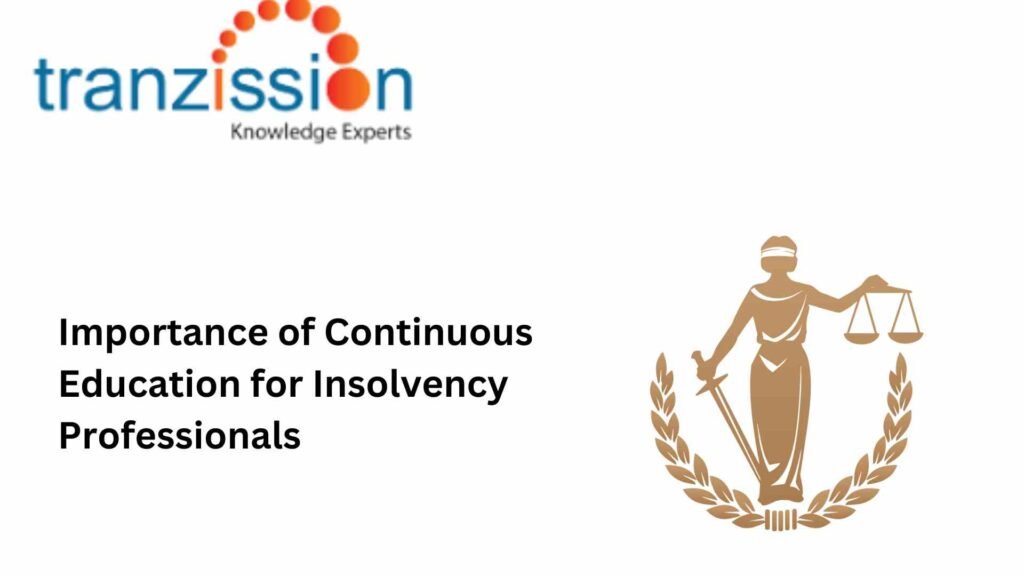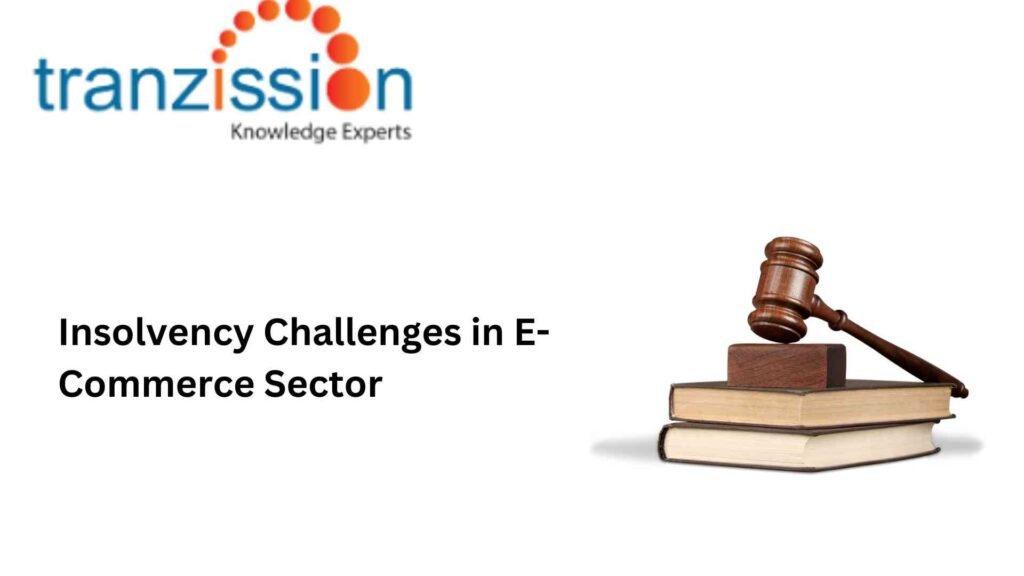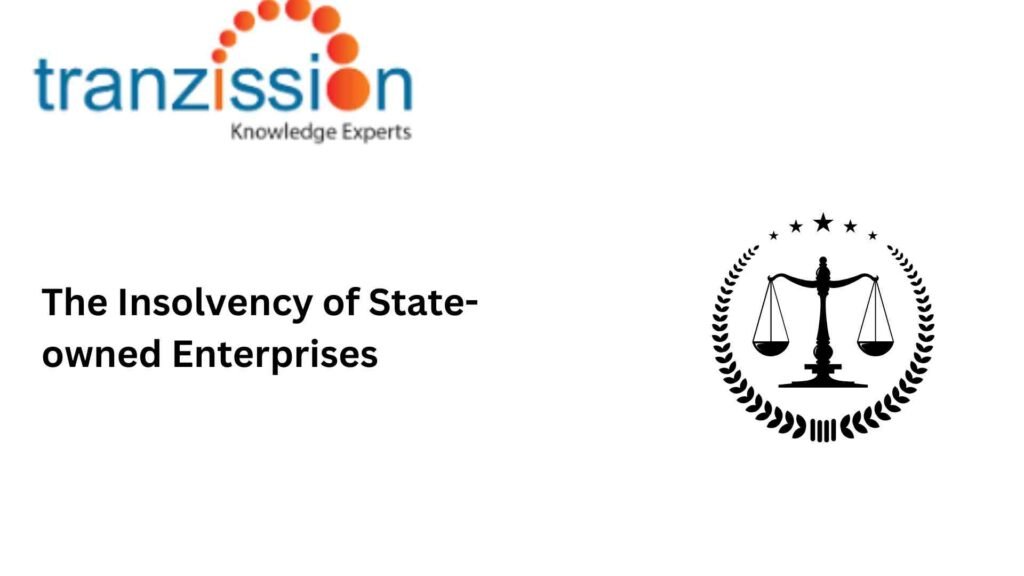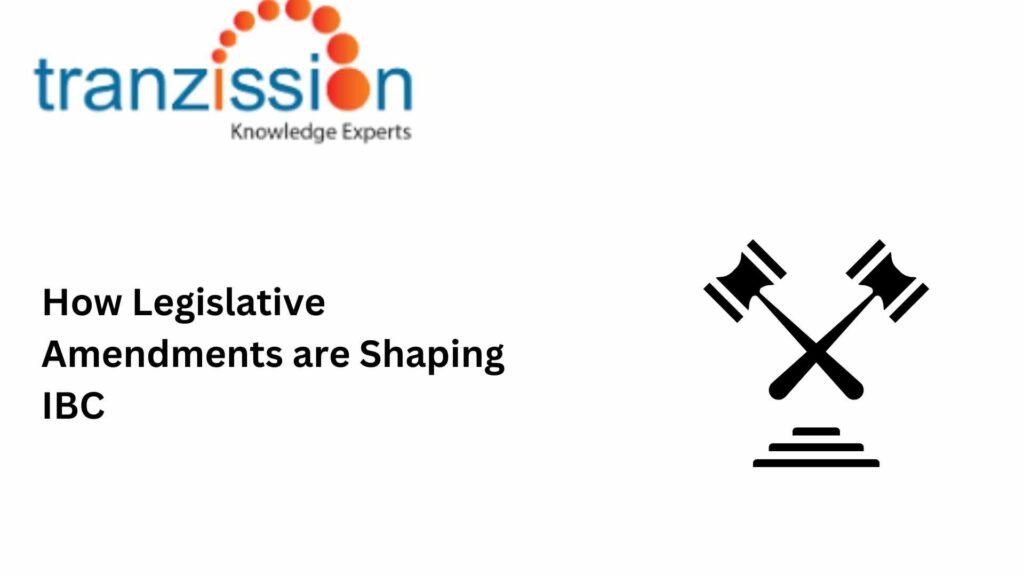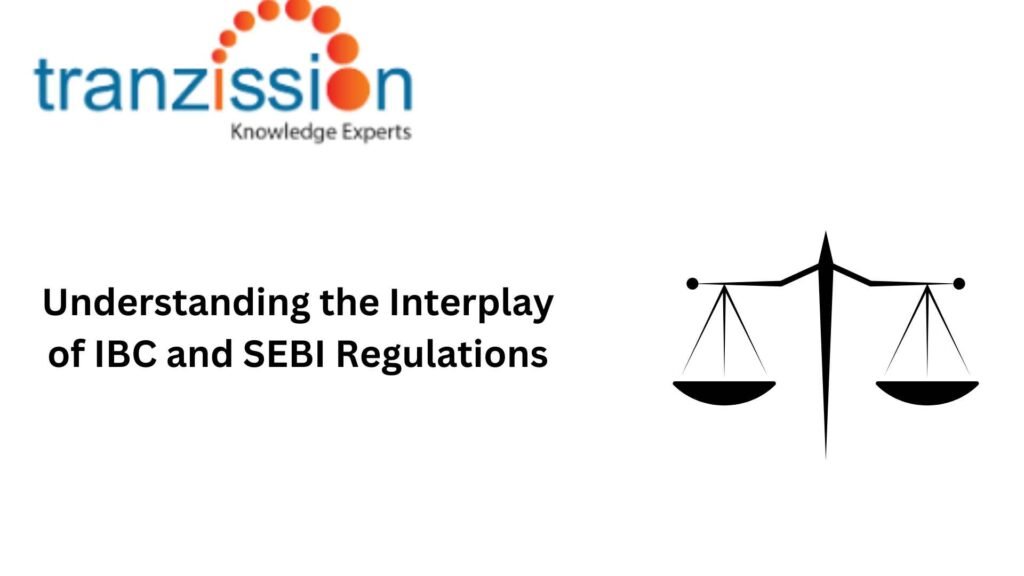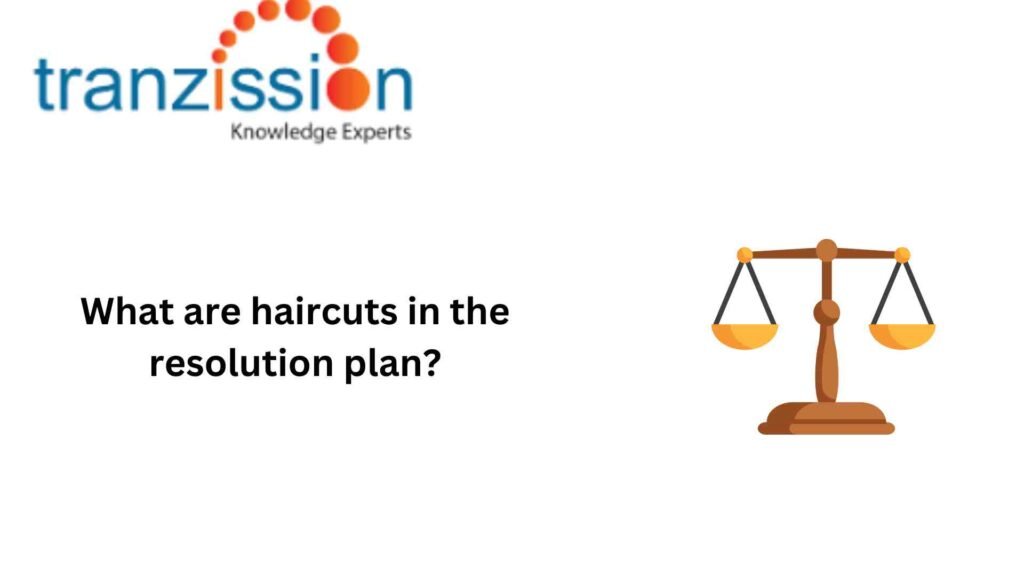Regulatory bodies under IBC, are crucial as they play a vital role in ensuring the smooth and efficient functioning of the insolvency resolution process. They protect the interests of all stakeholders involved and uphold the integrity of the insolvency system in India by regulating key participants within the IBC framework. Understanding the Key Regulatory Bodies […]
Author: Atishay Jain
Insolvency Frameworks in Developed vs. Developing Nations
Insolvency Frameworks in Developed vs. Developing Nations ensure the timely resolution of distressed businesses and the protection of creditor and debtor rights. These laws facilitate the reorganization of viable businesses and the liquidation of non-viable ones. It has a crucial role in maintaining economic stability by providing a structured framework to manage failing businesses, allowing […]
Dispute and Existence of a Dispute under IBC
The object of the insolvency framework in India, at least so far as operational creditors are concerned, is to initiate the insolvency process against the corporate debtor only in clear cases where a real dispute between the parties regarding the debt owed did not exist. The Insolvency and Bankruptcy Code, 2016 (IBC) was not intended […]
Importance of Continuous Education for Insolvency Professionals
The insolvency sector is dynamic and constant evolving, with changes in legislation, market conditions, and best practices shaping how professionals operate. Continuous Education for Insolvency Professionals also stay effective, compliance and competitive. This article explores why ongoing professional development is crucial and offers strategies to help professionals thrive in their careers. Why Continuous Learning is […]
Insolvency Challenges in E-Commerce Sector
Insolvency is a state of financial distress in which a person or business is unable to pay their debts. A company can become insolvent due to a number of situations that lead to poor cash flow. When Insolvency Challenges in E-Commerce they cannot fulfull customer orders, potential legal issues with creditors, and loss of jobs […]
Key Lessons from the EU Cross-Border Insolvency Regulations
In 2015, the primary framework for cross-border insolvency in the EU Cross-Border Insolvency Regulationswas introduced. This framework is largely based on the UNCITRAL Model Law on Cross-Border Insolvency, which provides a system for recognising and cooperating between courts in different jurisdictions when dealing with insolvent debtors with assets in multiple countries. The main aim of […]
The Insolvency of State-owned Enterprises
The Insolvency and Bankruptcy Code, 2016 (IBC) marked a significant turning point in India’s approach to resolving the financial issues of a company. The primary aim was to streamline the resolution process, improve credit culture, and protect stakeholders’ interests. When it comes to Insolvency of State-owned Enterprises (SOEs) implementing the IBC framework introduces unique challenges […]
How Legislative Amendments are Shaping IBC
The Insolvency and Bankruptcy Code, 2016 (IBC) has been amended multiple times to improve the process of insolvency resolution and liquidation. These Amendments are Shaping IBC have been made by the government the insolvency and the Insolvency and Bankruptcy Board of India (IBBI) to make the resolution process more efficient and ensure that creditors receive […]
Understanding the Interplay of IBC and SEBI Regulations
The Insolvency and Bankruptcy Code, 2016 (IBC) and the Securities and Exchange Board of India (SEBI) Act are both important pieces of legislation in India that regulate different aspects of the financial markets. There have been some conflicts between the IBC and SEBI Regulations Act, such as when the SEBI wants to recover money from […]
What are haircuts in the resolution plan?
In the Insolvency and Bankruptcy Code, 2016 (IBC) haircuts in the resolution plan is the difference between the amount creditors claim and what they receive. It essentially signifies the amount the lender has to “cut off” from their claim due to the company’s inability to fully repay their debts. Critics argue that high haircuts can […]
